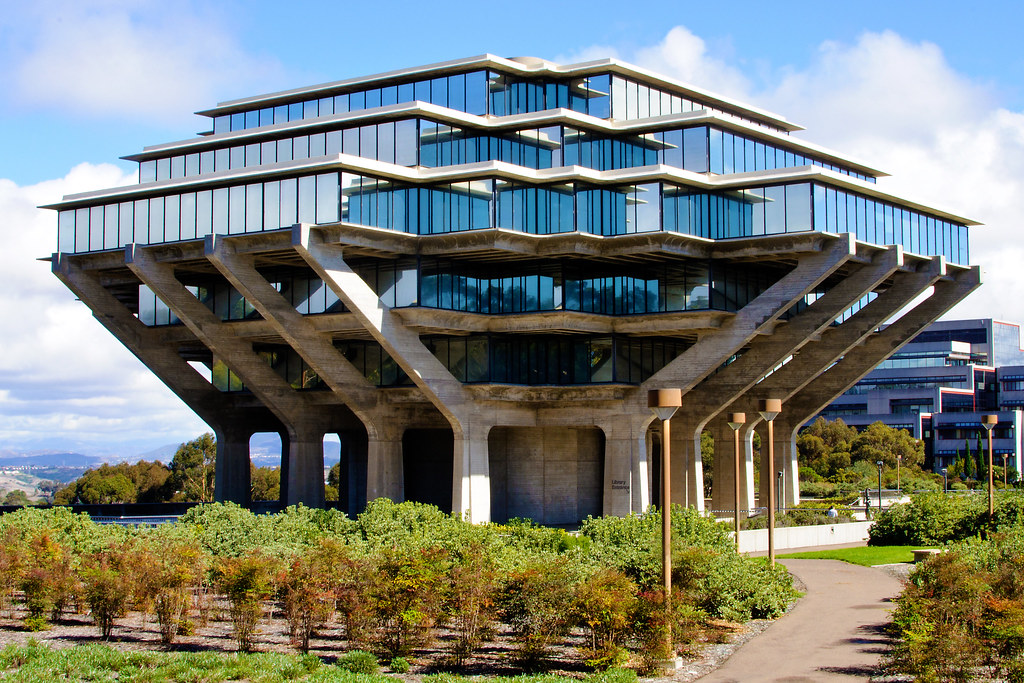 The Center for Medicinal Cannabis Research (CMCR) at UC San Diego has had no issue with funds to conduct research in the past two years. Now, the CBD program has been locked in and guaranteed for the third year in a row. A $4.7 million donation from the Ray and Tye Noorda Foundation of Lindon, Utah made the research program possible last year and the California legislature made it possible two years ago with $1.8 million. The previous year’s donation of $4.7 million took the record as the largest gift ever received by the school. This year’s funds came from the tax revenues collected on each legal sale of cannabis from licensed dispensaries in California. The CMCR at UCSD will divide the $3 million to fund five projects and gather research on the efficacy of CBD to treat psychosis, rheumatoid arthritis, insomnia, alcohol dependence, and anorexia nervosa.
The Center for Medicinal Cannabis Research (CMCR) at UC San Diego has had no issue with funds to conduct research in the past two years. Now, the CBD program has been locked in and guaranteed for the third year in a row. A $4.7 million donation from the Ray and Tye Noorda Foundation of Lindon, Utah made the research program possible last year and the California legislature made it possible two years ago with $1.8 million. The previous year’s donation of $4.7 million took the record as the largest gift ever received by the school. This year’s funds came from the tax revenues collected on each legal sale of cannabis from licensed dispensaries in California. The CMCR at UCSD will divide the $3 million to fund five projects and gather research on the efficacy of CBD to treat psychosis, rheumatoid arthritis, insomnia, alcohol dependence, and anorexia nervosa.
Igor Grant, the director of the UCSD cannabis center, stated: “Within the medical community, there is a lot of interest in the role of medical cannabis and CBD. There is a hope that it could be yet another useful agent in some of these conditions, which are difficult to treat or disabling.”
CBD has not been easy to research, due to its current location with federal law at Schedule I of controlled substances. Substances under Schedule I are deemed by the Drug Enforcement Agency (DEA) as without medicinal benefit or usage and at a high risk of potential abuse. However, there are scientific studies that do define CBD as a medicinal compound with the ability of pain relief, reduction of anxiety, inflammation, and insomnia in some individuals.
Curious about how you can make money investing in cannabis? Sign up for Cannin Free Access and subscribe to the Cannin Chronicle. We’ll keep you informed on all things cannabis and even help you determine which cannabis companies have the highest growth potential.

